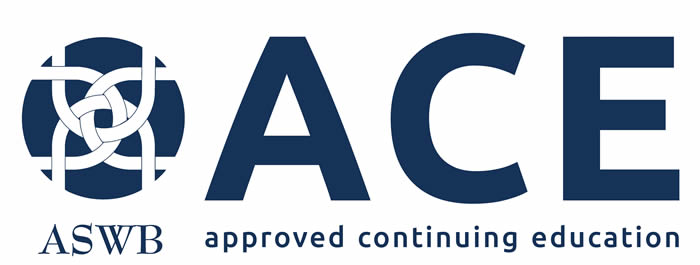
COURSE CREDITS & HOURS
21 AMA PRA Category 1 Credit(s)™21 ACPE Credits
21.0 Contact Hours
21 CE Credits for Psychologists
21 ASWB ACE Credits
COURSE FEES
TARGET AUDIENCE
PROGRAM PURPOSE
Depression, anxiety and substance abuse represent the 3 most prevalent presenting problems in mental health. Psychological approaches will be elaborated with the aim not only at increasing clinical understanding and treatment but also to provide a forum for clinical discussion, exchange and mutual learning experiences. The desired outcome is for participants to feel confident, competent and helpful to patients with mental health issues.
- Substance Use Disorder - a review of up-to date, standardized and precise measuring tools for identifying SUD and the patient's readiness for treatment.
- Better strategies for identification and assessment of Dual diagnosis (patients with mental health issues and SUD's).
- Consequences and prevention of substance abuse and addiction.
- Psychosocial treatment for substance use disorders; Readiness for substance use treatment; Stages of Change Model and Motivational Interviewing.
- Managing patients with dual diagnosis (patients with mental health issues and substance use disorders).
- Clinical presentation, diagnosis, assessment and psychological l treatment of anxiety disorders.
- Clinical presentation, diagnosis, assessment and psychological treatment of major depressive disorder.
- Clinical presentation, diagnosis, assessment and psychological treatment of Borderline Personality disorder.
Topics:
- Communication Skills update
- Describe three new communication tools used when interviewing patients
- Advanced communication skills
- Apply three tools used for specific communication issues
- Breaking Bad News
- Demonstrate a six step communication tool used to discuss bad news
- Motivational Interviewing
- Demonstrate communication techniques used in motivational interviewing
- End of Life and Advanced Care Planning
- Describe the differences in EOL & ACP and explain them to patients and families
- Leadership and Team communication
- Identify six leadership styles
- Substitute techniques to improve communication with colleagues and staff
- Human Trafficking
- Identify signs of HT
- Apply communication tools to enhance victim disclosure
- Navigating Difficult conversations
- Manage conversations when they become uncomfortable or difficult to oneself or others
- Physicians in primary care need up-to date, standardized and precise measuring tools for identifying SUD and their readiness for treatment
- To assess levels of substance use in primary care.
- In the last 20 years physicians seek better strategies of managing Dual diagnosis (patients with mental health issues and SUD's)
- How to manage Dual Diagnosis.
- Patient readiness for SUD treatment (or change) is often difficult to assess but is a very important variable in a successful outcome
- Understand the conditions that facilitate change in addictive behavior? Explain the stages of change model for primary care interventions.
- Depression types and treatment
- To use the most suitable cognitive behavioral approaches to treatment of depression.
- Anxiety Types and treatment
- To use most suitable cognitive behavioral approaches to treatment of anxiety
- Borderline Personality Disorder and Dialectical Behavior Treatment
- To understand and use the Dialectical Behavioral Approach
















 Credit Designation for Social Workers: As a Jointly Accredited Organization, Continuing Education, Inc is approved to offer social work continuing education by the Association of Social Work Boards (ASWB) Approved Continuing Education (ACE) program. Organizations, not individual courses, are approved under this program. Regulatory boards are the final authority on courses accepted for continuing education credit. Social workers completing this course receive 21 Clinical continuing education credits.
Credit Designation for Social Workers: As a Jointly Accredited Organization, Continuing Education, Inc is approved to offer social work continuing education by the Association of Social Work Boards (ASWB) Approved Continuing Education (ACE) program. Organizations, not individual courses, are approved under this program. Regulatory boards are the final authority on courses accepted for continuing education credit. Social workers completing this course receive 21 Clinical continuing education credits.


















